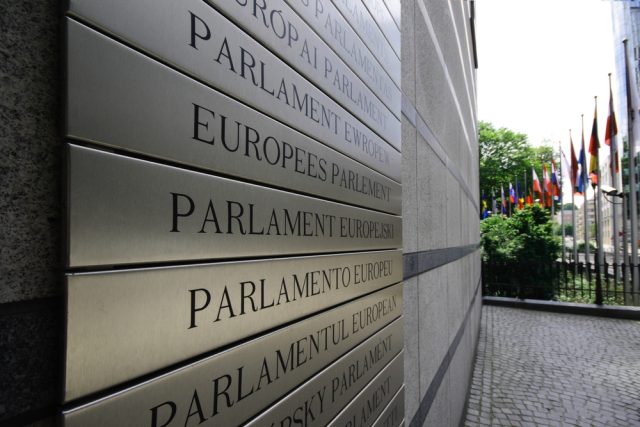
The European Parliament wants to investigate whether Hungary violated the Union’s rules to such an extent that the country’s right to vote in the EU should be revoked.
In January, 345 MEPs voted in favor of the resolution criticizing Hungary for a lack of “democracy”, while 104 voted against.
“Parliament condemns the Hungarian government’s deliberate, continued and systematic attempts to undermine the EU’s fundamental values under Article 2 of the EU Treaty,” the resolution reads.
Hungary has been opposed for many years
Since 2018, various political interests in the European Parliament have been working against the conservative government in Hungary. Then what is known as Article 7.1 proceedings were initiated against Hungary on the grounds that the country’s government under Viktor Orbán is “undermining” fundamental democratic rights and freedoms and the rule of law.
So far, that initiative has only led to representatives of the Hungarian government being questioned on a number of occasions by representatives of other EU countries in the Council of Ministers. On these occasions, Hungary has been supported by Poland, which was also in an Article 7.1 procedure. However, Poland recently got a new government that promised to comply with the EU Parliament’s demands to avoid further proceedings against the country.
The new resolution adopted by the EU Parliament in January requires member states to investigate whether Hungary has “in a serious and persistent manner disregarded” the principles that form the basis of EU cooperation and are gathered under Article 2 of the treaty. If the process is completed, Hungary could lose its right to vote in the EU.
Commission support funds to be paid out
At the same time, Brussels has taken other measures to punish the member state Hungary. For over a year, the EU Commission has frozen payments of EU aid to Hungary, citing, among other things, shortcomings in the independence of the judiciary, academic freedom and the rights of LGBTQ people. In December 2023, however, the Commission reported that Hungary had met the demands made regarding the judiciary, which means that more than ten billion euros must be paid out.
In the new resolution in January, Parliament believes that the Commission’s decision can be questioned and expresses a desire for the Commission to change its decision.
“Parliament considers that, even after recent reforms, Hungary does not meet the standard of judicial independence set out in the Charter,” the resolution said.
The majority in the EU Parliament that supports the resolution believes that no money should be paid out as long as Hungary does not live up to all the demands made in all the areas where criticism has been made against the country.
More attacks on Hungary await
The Committee for Legal Affairs is tasked with investigating whether other legal measures can be taken, for example submitting a summons to the European Court of Justice with the aim of stopping the Commission from paying EU aid to Hungary.
Due to these contradictions, Hungarian Prime Minister Viktor Orbán blocked a decision at the EU summit in December to grant Ukraine an aid fund of 50 billion euros.
But Mr. Orban announced his intention to block the decision after the leaders at the summit decided to start membership negotiations with Ukraine and Moldova and then also grant candidate status to Georgia. Orban has long opposed membership for Ukraine but has not vetoed the move. He later told Hungarian media that he had fought for eight hours to try to get the other EU leaders to change their minds, but could not convince them. However, he noted that Ukraine’s path to EU membership would still be a long process and that the Hungarian parliament will have several chances to stop new EU membership.
This action by Mr. Orbán is strongly criticized by the majority of the EU Parliament, who believe that his action is done with “great disrespect and in conflict with the EU’s strategic interests”. The majority believes that the EU cannot give in to what it considers to be “blackmail” on the part of the Hungarian government.



 Subscribe
Subscribe